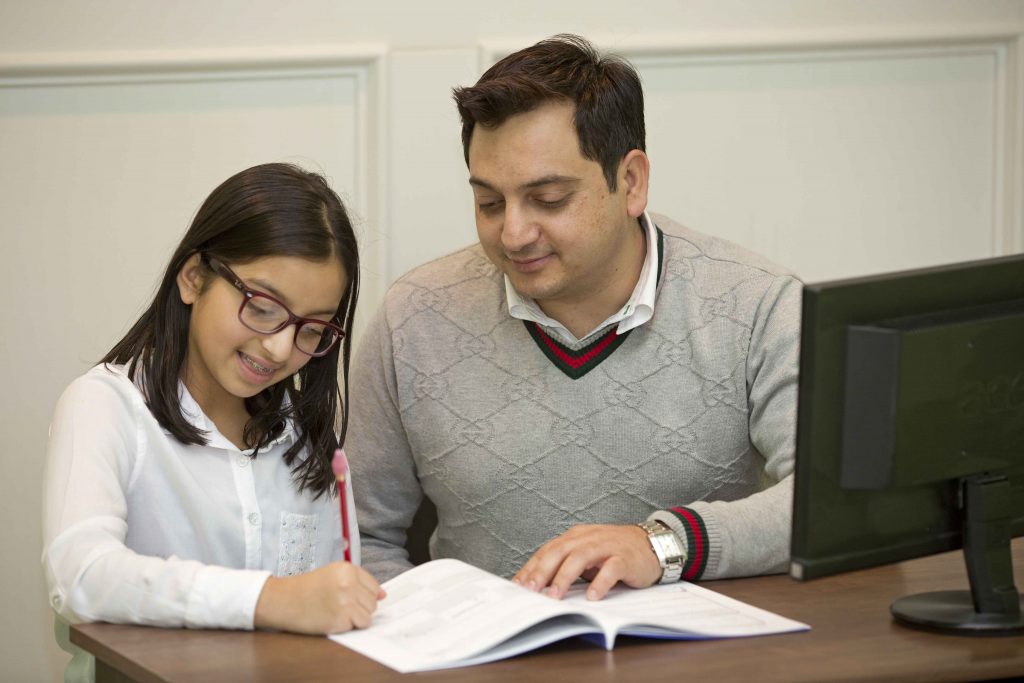
All education, unfortunately, as most parents know, is not created equal. Public schools can differ in teaching staff and resources depending on the school district in which you live. Areas that boast top-ranked public schools are usually more expensive. If parents do not live in a top-ranked school district, they may consider private school as an option. The biggest downfall of private school is the tuition—public school is free, and private school can come with a hefty price tag.
Parents weigh the pros and cons of both public and private education, but there is another option that parents might not have considered until now—after-school enrichment programs. These programs are becoming more popular in the United States, and in this article, I will explain what some frugal parents have been doing for years.
Saving Money with After-School Enrichment Programs
Cost is a major concern for most parents. Though many parents would like to send their child to the most elite, $40,000-a-year private school, many just do not have the money to support such an endeavor. Should parents spend all their extra income on private school? What if parents instead allocated that money to the child’s college fund? What things would they have to give up in order to afford a top-ranked private school? These are all questions that go through parents’ heads as they make these decisions, but in reality, parents do not have to empty their banks in order to give their children the tools and opportunities for success.
Giving children an academic advantage can be costly. The average tuition for private schools is $9,518 per year, with the more elite schools being more expensive—in the $20,000 to $40,000 range. Often, this tuition does not include any extra costs: uniforms, sports, extracurricular activities, child care, etc. The average cost of an after-school enrichment program is about $100-$150 a month, which is about $1,800 per year. By supplementing a child’s public school education, parents can give their children an academic advantage without breaking the bank.
Academic Success and Family Involvement
Parents choose private schools to give their children an advantage in college and in careers, but are they really better? According to the study by the Center on Education Policy (CEP), “Are Private High Schools Better Academically Than Public High Schools?”, private schools have few advantages in comparison to public schools. When taking family background into account, the study found the following:
1) Private school students achieved no better on achievement scores in math, reading, history, and science than public school students.
2) Private high school students were no more likely to attend college than their public high school counterparts.
3) By age 26, private high school students were no more satisfied with their jobs than students who attended a traditional public school.
In addition to this, the CEP found an interesting phenomenon in the private school versus public school debate:
“This…study, for the first time, included a range of family educational activities and attitudes towards schooling. When these were taken into account, the private school advantage went away. This suggests that the private school advantage is a chimera; it merely shows that private schools contain a larger proportion of children whose parents have characteristics that contribute to learning than do public schools.”
In other words, when these researchers took families’ involvement in their child’s education into account, the difference in performance was the same between public and private school students. What really matters is a parent’s involvement in a child’s education and attitude towards education in general.
After-School Enrichment Programs’ Benefits
Knowing that parent involvement is directly related to a student’s success, the case for an after-school enrichment programbecomes even clearer. After-school enrichment programs give parents the tools that students need for academic success. These programs give some structure—a set curriculum schedule, helpful teachers and administration staff, and homework each week—but allow for parents to become directly involved in their child’s learning process. With an after-school enrichment program, parents have the ability to choose when, where, and how students practice concepts that they learn from an after-school tutor or program. They fill in the gaps that many parents worry about with a public school: small classrooms, individualized work and attention, and parent-teacher communication.
If parents get involved in their child’s after-school enrichment program, their message becomes clear to students: academics are important. It will also help with the child’s success in the public school classroom, as students will practice similar concepts in both a public school and an after-school enrichment program. And in an after-school enrichment program, parents get to be involved in the process, as sometimes in the regular classroom, the teacher has too many parents and students to communicate with weekly. Sending a concrete message about academics can be done by taking the time to get themselves involved with a child’s education.
Whether in a school district that may not have enough support (or in an excellent school district, but wanting more support than the average student), a supplement is a great alternative. It is financially more viable than private school, and it provides tools for parents to become more involved in their child’s academic progress. If it hasn’t been considered already, an after-school program should be before taking the plunge into an expensive private school.
What are your experiences with an after-school enrichment program? Let us know in the comments.
Author: Becky Adams, English Program Manager, MathWizard, Inc.
